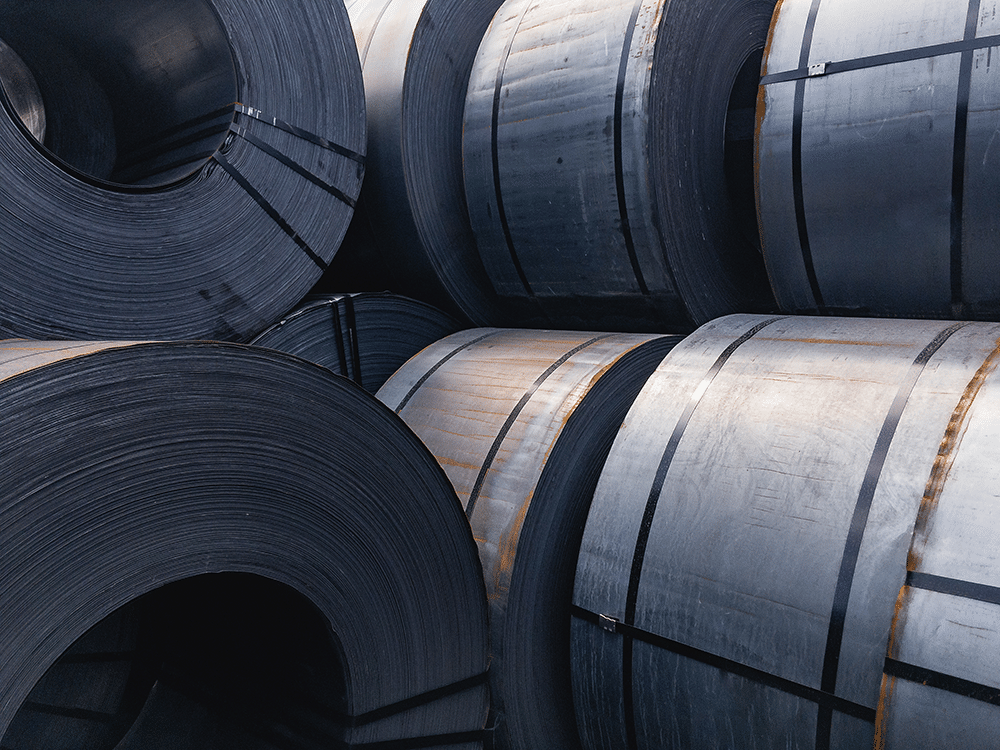Sign up for daily news updates from CleanTechnica on email. Or follow us on Google News!
The U.S. Department of Energy (DOE) Industrial Efficiency and Decarbonization Office (IEDO) today announced its plan to create a Cement and Concrete Center of Excellence to accelerate the development and adoption of novel low-carbon cement and concrete technologies. U.S. national laboratories can receive up to $9 million through an upcoming competitive lab call to develop and lead the center. The center will support collaboration across academia, national labs, government agencies, and corporations to develop and validate low-carbon cement and concrete technologies, increase the industry’s economic competitiveness, and help the U.S. reach net-zero carbon emissions by 2050.
The center is part of DOE’s strategy to leverage the convening power of the National Labs to support industrial decarbonization technologies from idea inception to adoption on U.S. factory floors. Through offices like IEDO, the Office of Technology Transitions, and the Office of Clean Energy Demonstrations, DOE is investing in generating technology innovation and accelerating the commercialization, market demonstration, and demand-side adoption of those technologies. The Cement and Concrete Center of Excellence will support investments like these by bringing together the research community with market analysis experts and customers to validate technologies and ensure successful, data-driven market integration. Together, the offices anticipate announcing additional opportunities for the national labs and its partners to support DOE’s inception-to-adoption efforts, beginning with initiatives to commercialize mature, low-carbon technologies.
Concrete is the most used human-made material on earth and is vital for housing, infrastructure, and wide range of critical construction projects. Concrete—and the cement used to make it—is critical to the U.S. economy, and its demand is expected to double by 2050. But as demand for concrete increases, so will its carbon footprint. The cement and concrete industry is responsible for 2% of energy-related CO2 emissions in the United States. The industry’s value chain coupled with its use of high heat and the emissions intrinsic to its production process make it challenging to decarbonize.
Concrete production is incredibly complex—with an emissions profile that starts at the quarry and doesn’t end until the concrete is poured. Developing low-carbon cement and concrete materials along with the codes and standards for safe adoption will require feedback, evaluation, and dialogue across the full ecosystem of experts involved at each step of the production process. The center will be uniquely positioned to bring together researchers, engineers, code and standards developers, and other key stakeholders across the full value chain to model and evaluate new technologies and move them from the lab toward market-ready adoption.
The center will also de-risk new decarbonization technologies for first movers by developing tools to predict material performance in different service environments. The center will expand the use of these new solutions, facilitate data acquisition in a live environment, and promote practical applications that reduce cost and increase sustainability.
IEDO seeks to stand up a center that will address the following priorities:
- Test method development. New and/or improved tools and techniques, tailored for new binder chemistries to be used in concrete applications. The new and/or improved tools and techniques should address phase formation and carbon uptake evaluation. A correlation between chemistries and durability is expected.
- Modeling. Methods to predict performances using data-driven tools. Modeling should consider predictions about ideal binder formulations to achieve performance (fresh or in service). Attention to durability under a range of environmental conditions should be considered as well.
- Data collection and monitoring. Nondestructive characterization tools and techniques for in situ/field monitoring of concrete applications. The objective is to allow data acquisition from a concrete element that could be in service. The use of next-generation sensors and instrumentation, including non-destructive techniques, is encouraged.
- Carbon accounting. Methodologies for calculating and reporting emissions in selected applications and compare them to a designated baseline. The data obtained via in-house testing or provided by industrial partners will be analyzed and used for lifecycle analysis and support to Environmental Product Declarations.
DOE national laboratories and DOE plants and sites are eligible to receive for funding from this upcoming lab call. National laboratories are encouraged to leverage existing infrastructure and collaborate with universities and other entities. Proposals should allocate sufficient resources to address commercialization challenges and barriers.
Courtesy of U.S. DOE.
Have a tip for CleanTechnica? Want to advertise? Want to suggest a guest for our CleanTech Talk podcast? Contact us here.
Latest CleanTechnica.TV Videos
CleanTechnica uses affiliate links. See our policy here.
CleanTechnica’s Comment Policy




